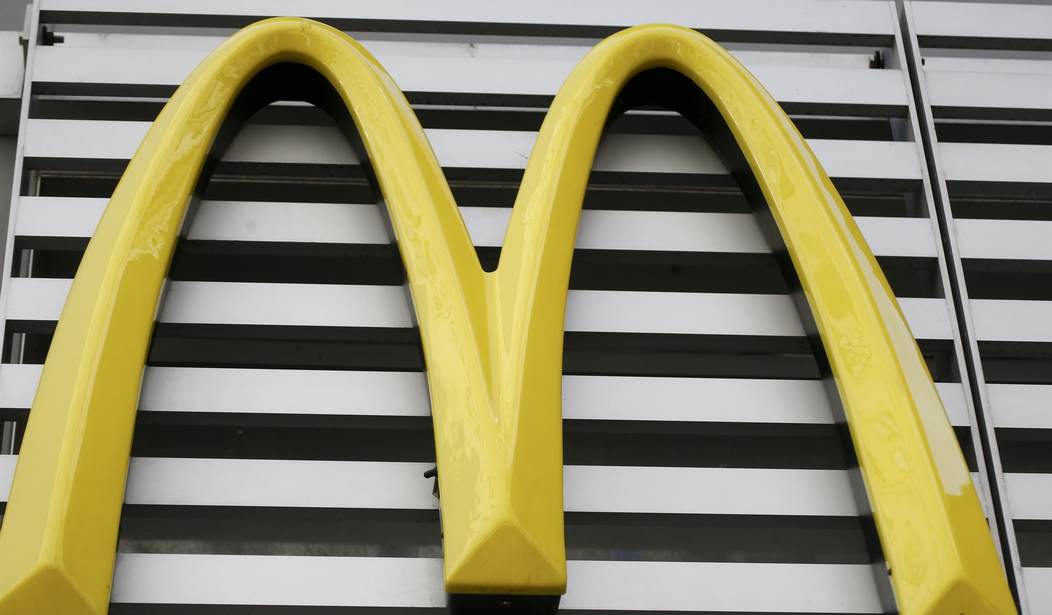Have you been to McDonald's lately? If so, you may have noticed something. The days of the fifteen-cent burger that originally made Ray Kroc's fast food joint famous are long gone. Prices have been steadily rising over the years, of course, but recently they've really been climbing quickly. The New York Post reports that a Big Mac combo meal (where you get fries and a soda with the burger) has risen to $18 in some areas. In those same areas, a side order of hash browns with your breakfast will drive up the price by six dollars. This is driving away people from lower-income households in droves and the restaurant chain has definitely noticed. So what does this say about the current state of the union? And can we expect any relief?
Is the $18 Big Mac combo what finally broke America?
Low-income customers making less than $45,000 per year have largely stopped ordering from McDonald’s, the fast-food giant’s chief executive Chris Kempczinski admitted Monday on an earnings call with Wall Street analysts.
A Big Mac, fries and drink has risen to nearly $18 at a handful of locations while hash browns are up to $6.
And it’s driven away customers fed up with inflation.
Connecticut is one of the places where the highest fast food prices are being recorded and local media outlets have been publishing headlines filled with outrage. One woman made it onto the news after finding out that she was being charged $7.29 for an Egg McMuffin and unloading on the cashier. That's rather unfair since the workers at these outlets don't set the prices, but it's also understandable why consumers would be upset.
McDonald's CEO was recently on an earnings call when he admitted that while the chain isn't going backward in sales, growth has been slower than expected. In the last quarter, growth was nearly 1.5% lower than what Wall Street had projected. McDonald's is blaming the trend on the rising cost of insurance, equipment, and labor. (Keep that last part in mind for a moment.)
There is no relief on the horizon for those addicted to the Golden Arches. The CEO said that their aim is to slow the rate of growth in prices from what it's been over the past two years, but they will still go a bit higher. Attempts to blame the increases on the supply chain are no longer carrying any weight because the prices of eggs, cheese, bread, and other ingredients have finally begun to come back down.
This is bad news for an outfit like McDonald's because they've traditionally occupied a fairly specific spot in the food market. They build their empire by selling food in high volumes for low prices. They were a favorite of working-class families that wanted to pick up something quickly for the family without breaking the bank. But now, the company's CEO admits that sales to people who make less than $45,000 per year have largely dried up. And those who make significantly more than that amount can usually afford to go somewhere a bit nicer. So McDonald's may be pricing themselves into a niche market where growth is no longer possible.
How did this happen? Inflation impacts everyone and everything these days, so that's definitely part of it. But recall how we already addressed the labor costs that McDonald's is dealing with along with the rest of the fast food industry. Those states where consumers are encountering the highest prices are almost entirely blue states where Democrats have been steadily raising the minimum wage for quite a while now. In California, they had another wage hike geared specifically toward fast-food workers. As we predicted here, the companies can't simply absorb those kinds of cost increases and remain profitable. Hence, prices go up. And if this keeps up, America's Best First Job may soon be a thing of the past.







